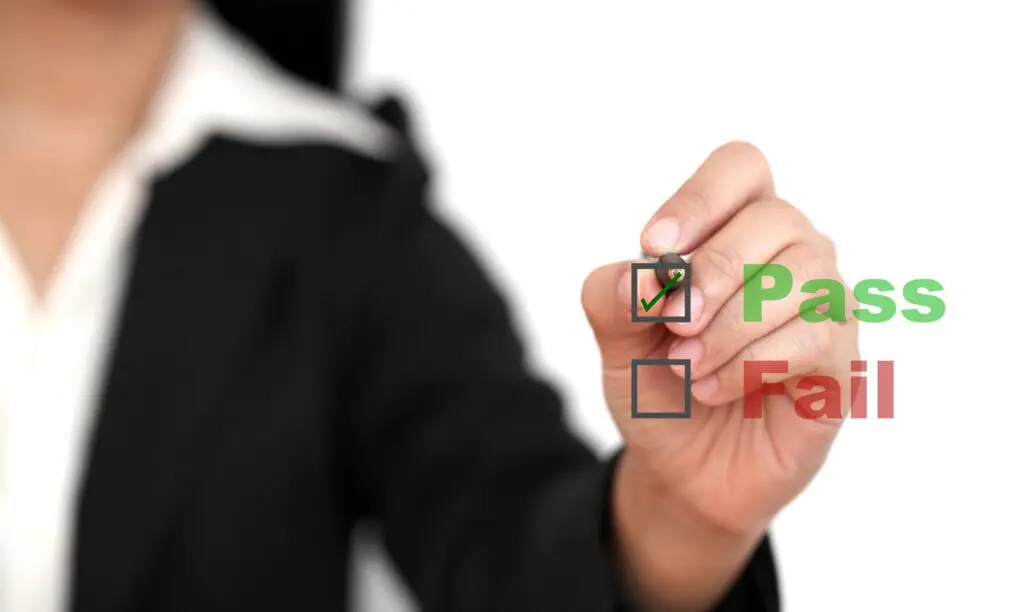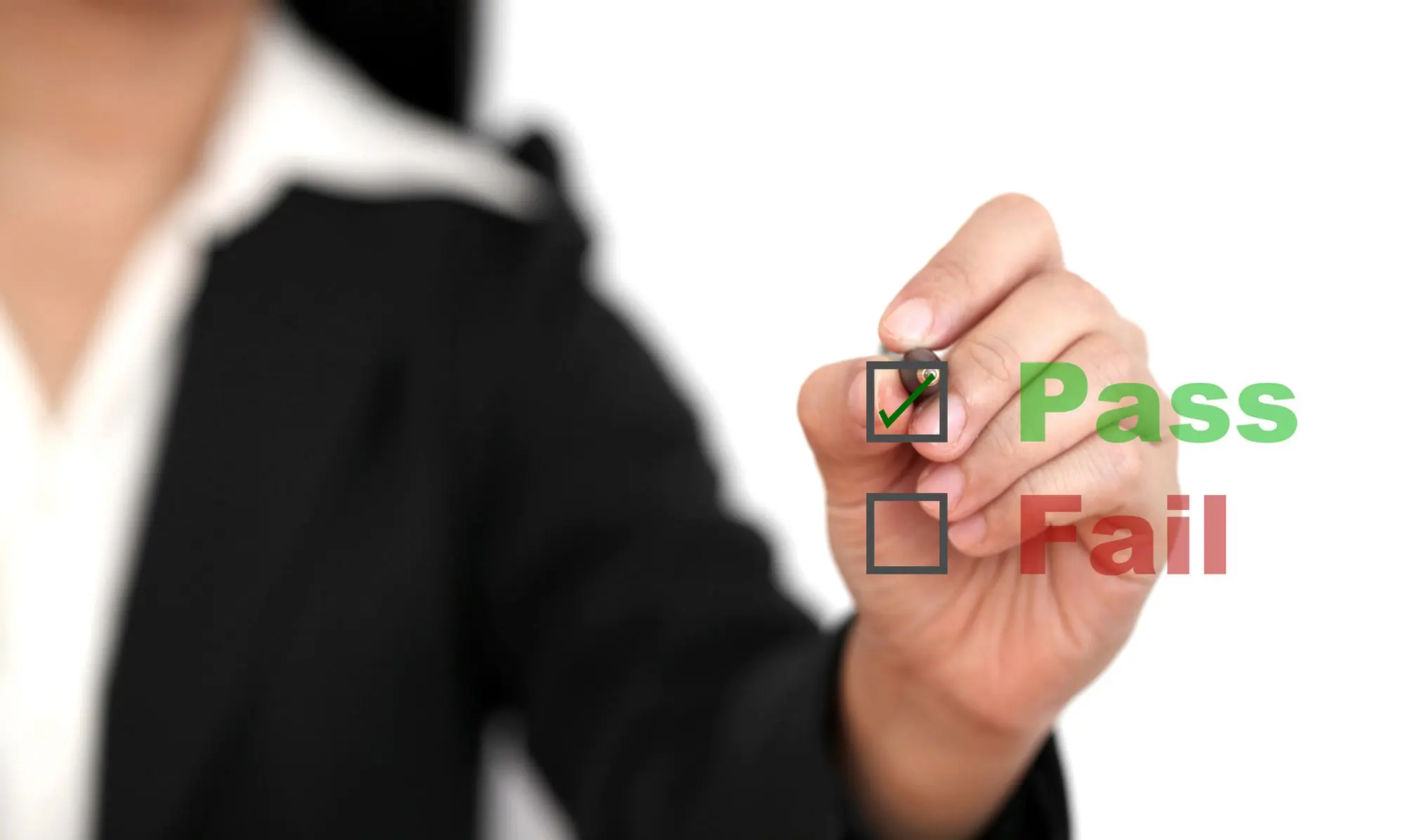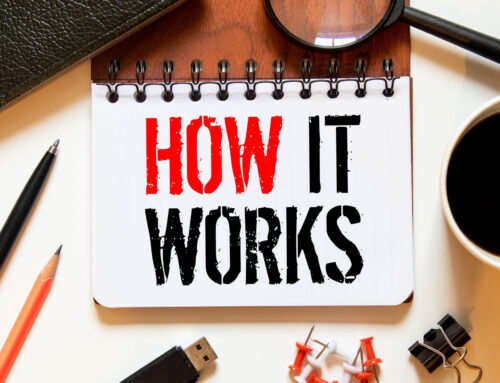
In my career as a headhunter, I have found new jobs for approximately 350 knowledge workers and interviewed thousands of candidates. And all of them saw themselves as above average candidates and often felt they understood both strategy and leadership better than their superiors. Indeed, in 20 years in recruitment, I NEVER met any job seeker who told me “frankly spoken, I am rather mediocre”.
Which candidates tell the truth and which ones over estimate their own capabilities?
One of the most reliable means to find out is the reference check. And though candidates think that they only name people who will say only the best, they often err: In the reference check, I learned about theft, imprisonment, harassment, alcoholism and other things you don’t want to see in your future CFO or customer representative.
Use the following template with questions to get the most out of the professional reference check work for you:
- Context: Check the dates, function and responsibilities: “What was Emma’s exact job title and from when to when did she work for you? What was your hierarchical relationship and for which period?” It happened several times to me that I never went beyond this first question. Some time ago I discovered that a candidate had lied to me: instead of having left his former employer four months ago, he left two years ago (“Au revoir, Philippe!”)
- Technical Skills: This will tell you if your candidate is able get the job done. Questions to be asked are “How was her performance and her results? How did she relate to peers? What was she best at? Please tell me about Emma’s respect of deadlines, the quality of the work delivered, the accuracy of analysis”
- Personal Skills: These questions will help you decide if you want to spend the day with this candidate and let her go to your best clients with your company’s business card. Ask for instance “What can you tell me about Emma’s personality? How would you describe her values? How was she seen in the company? What did superiors, colleagues, team members and clients say about her? Which role did she take in meetings? What about her decision making style, her communication, her leadership?”
- The Coach Question: This one sounds banal but it gets very good results: “On a ranking from 1 to 10 with 10 being the best, which grade do you give her?” The answer will be in 9 out of 10 cases “I’ll give Emma a good eight”. Bounce back: “What is missing for a 10?” This is where you will find out the weaknesses! This is a proven question for the reference check that will get more reliable results than “what are her weaknesses?” (We have all heard the latter one too often and go on auto-pilot mode: The answers will be diplomatic or superficial but most referees will not really reflect as hard as with the first one)
- Cultural fit: When employees don’t make it, it is usually for a misfit with the company culture and rarely because they did not get the job done. What is the perfect setting for your candidate? Stock-listed company, start-up or family owned? Execute a defined strategy or designing it? Be a good number 2 or a true number 1? Perform best when things are clear or excel when managing the uncertain? You can get a good idea with “In your opinion, what is the company size and culture in which Emma will be happy and successful?” Usually, people are able to give you an indication. Most importantly, ask this question BEFORE the next one!
- Great So Far. But Is The Candidate The Right One For YOU? Describe the job you met Emma for as accurately as you can. Talk about the responsibilities, the company size and culture and the challenges that await her. Describe what kind of people make it in your organization and which ones fail. “How do you see Emma in the context I just described?”
- Two Killer Questions To Wrap Up With And Find Out The Truth: Be ready for surprises with this one! I finish every reference with the two closed questions “Would you recommend Emma to your best friend?” and “Would you hire her again?” I had referees who were hesitant and controlled up to this moment and though I knew something was wrong, I did not know what it was until I had asked these questions
Conclusion:
I would never ever hire anyone or send a candidate to my clients without a reference check I have personally taken! It is not by asking the candidate in the interview what her strengths and weaknesses are that you will find out but by asking former bosses or colleagues. Not by questioning the candidate will you learn what kind of leader she is but only by talking to people who have been led by her in the past. Take the time it takes (2ß-30 minutes and one full page in written here at Apollo) and reference checks can be among the most reliable basis for making better hiring decisions






